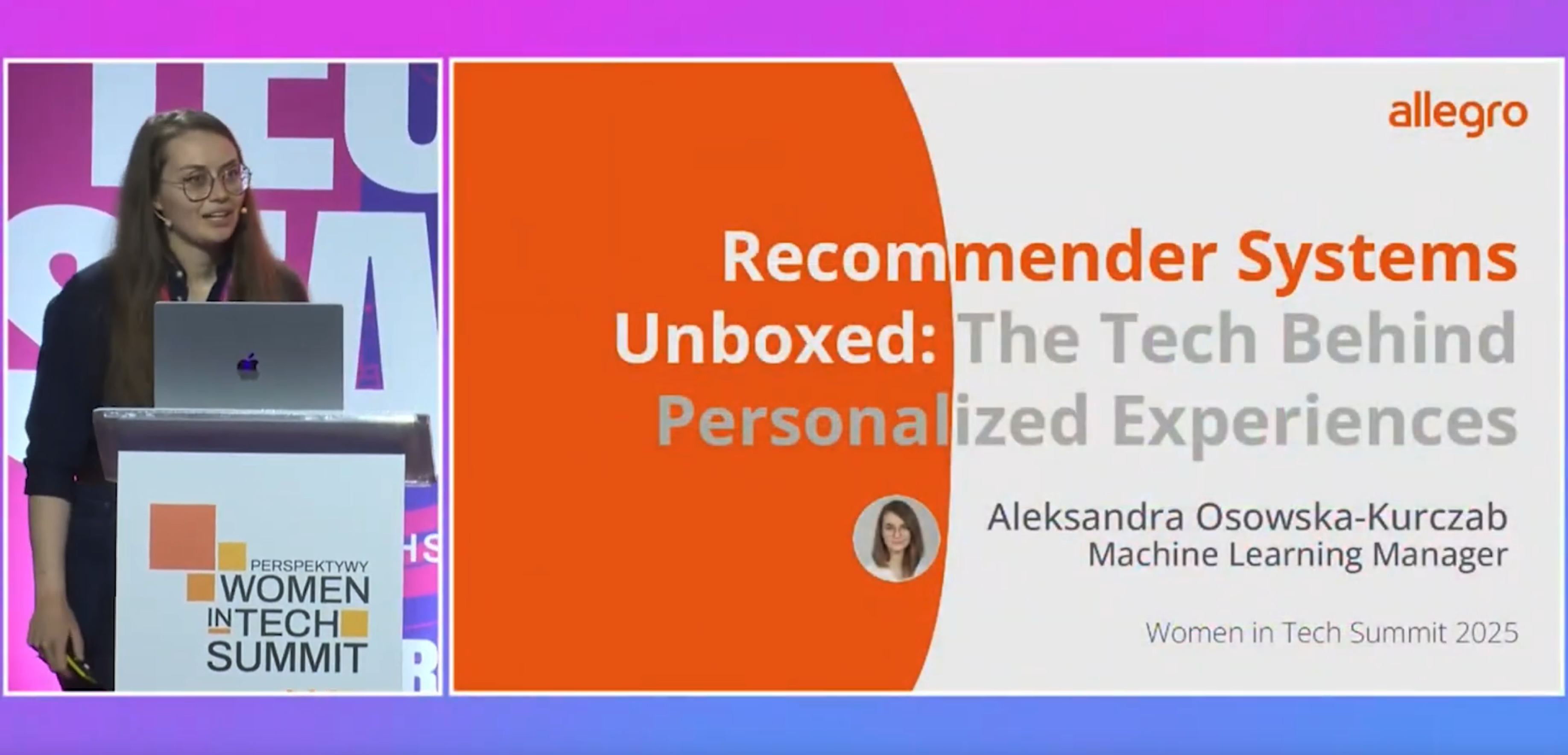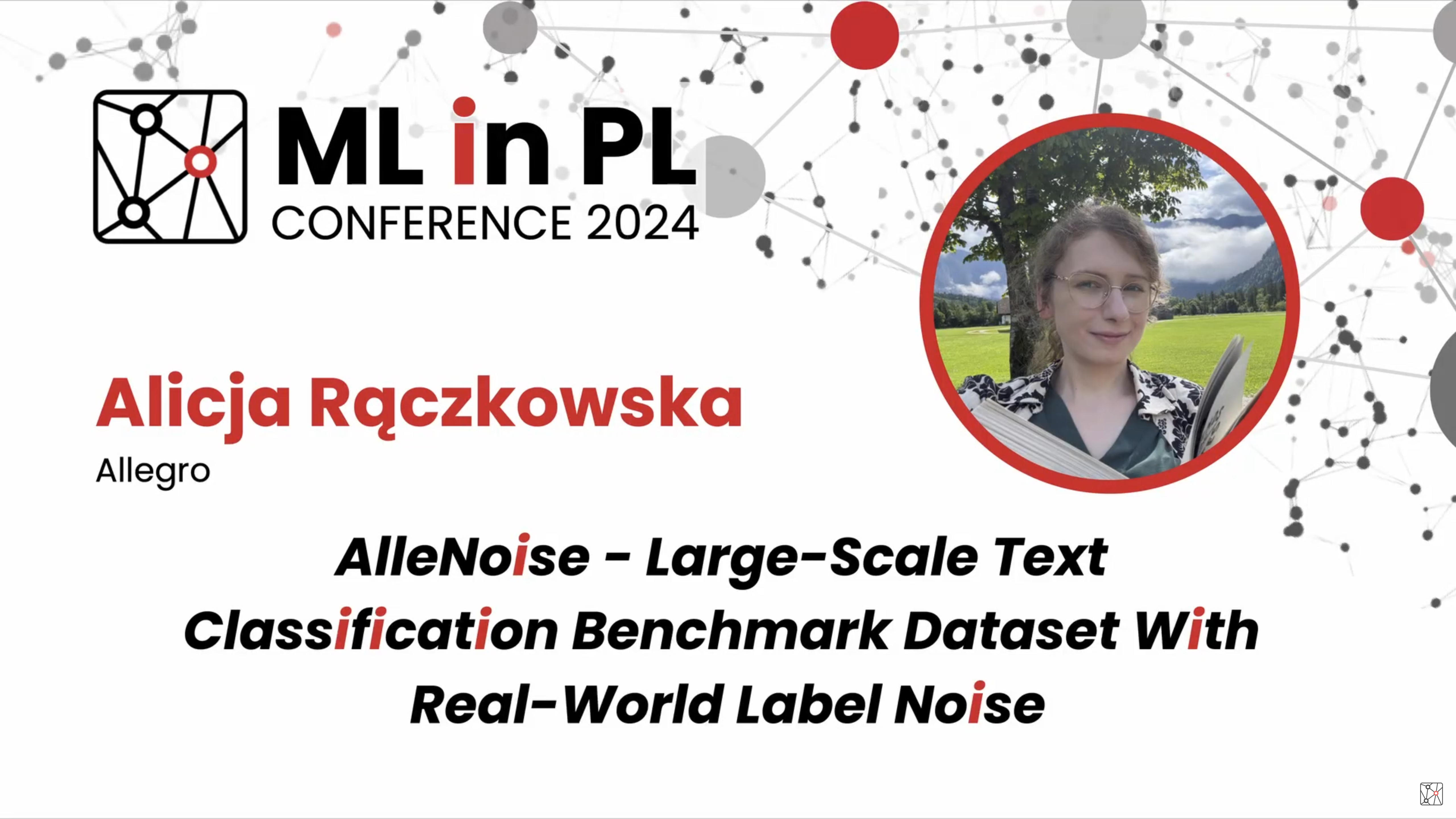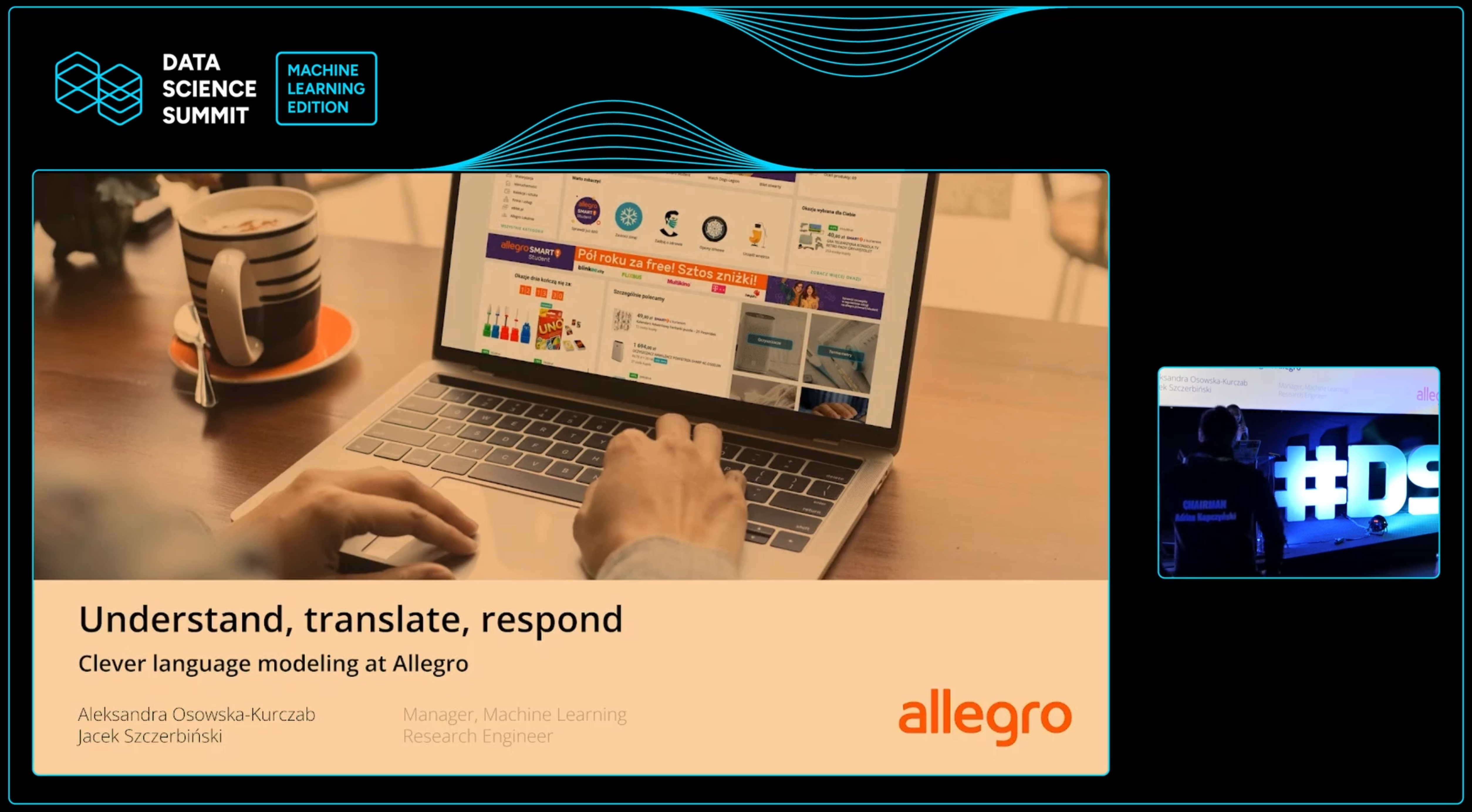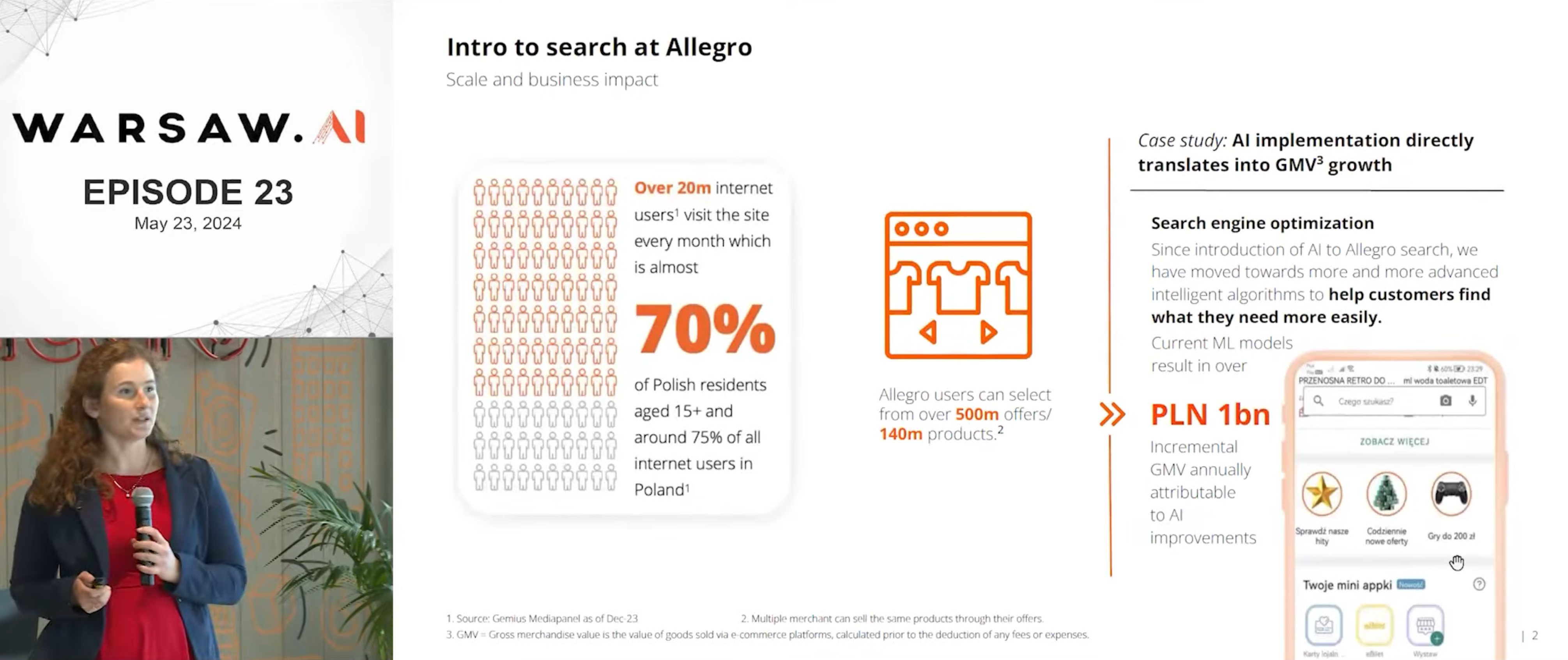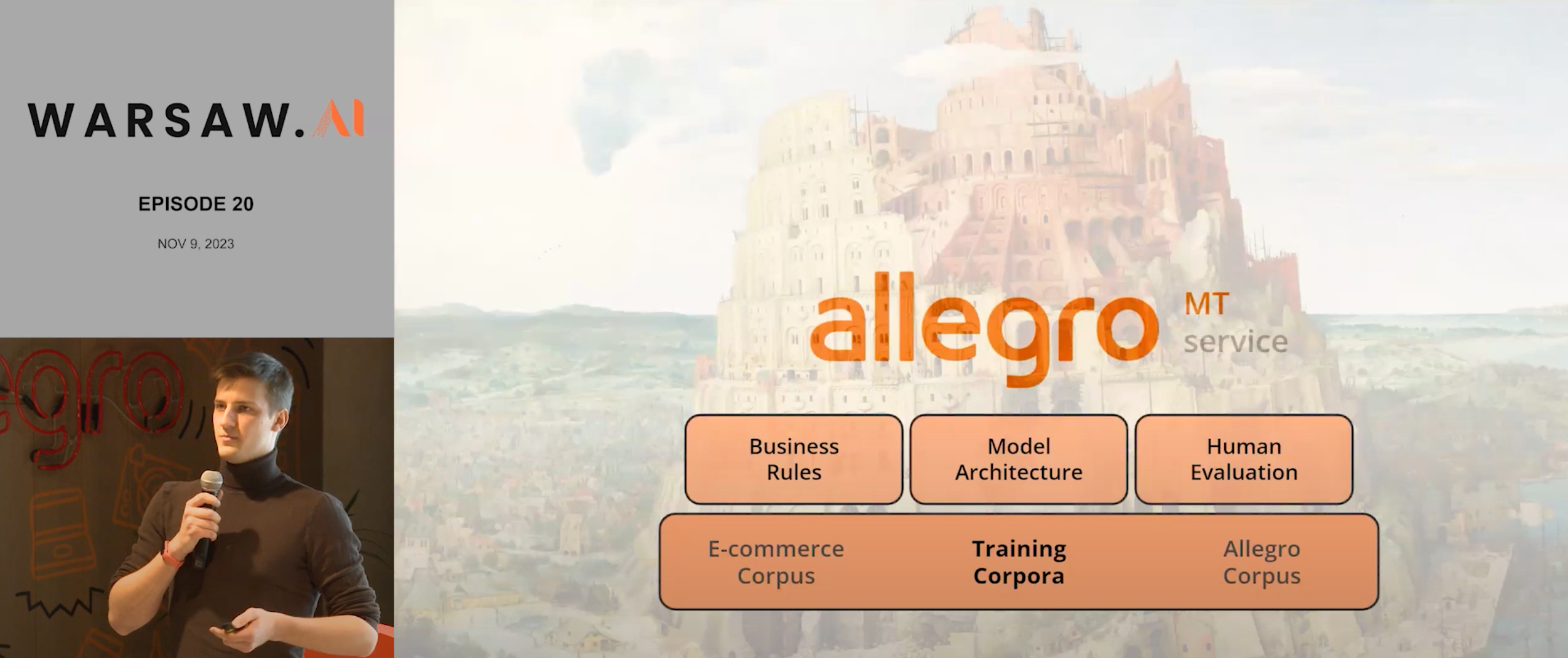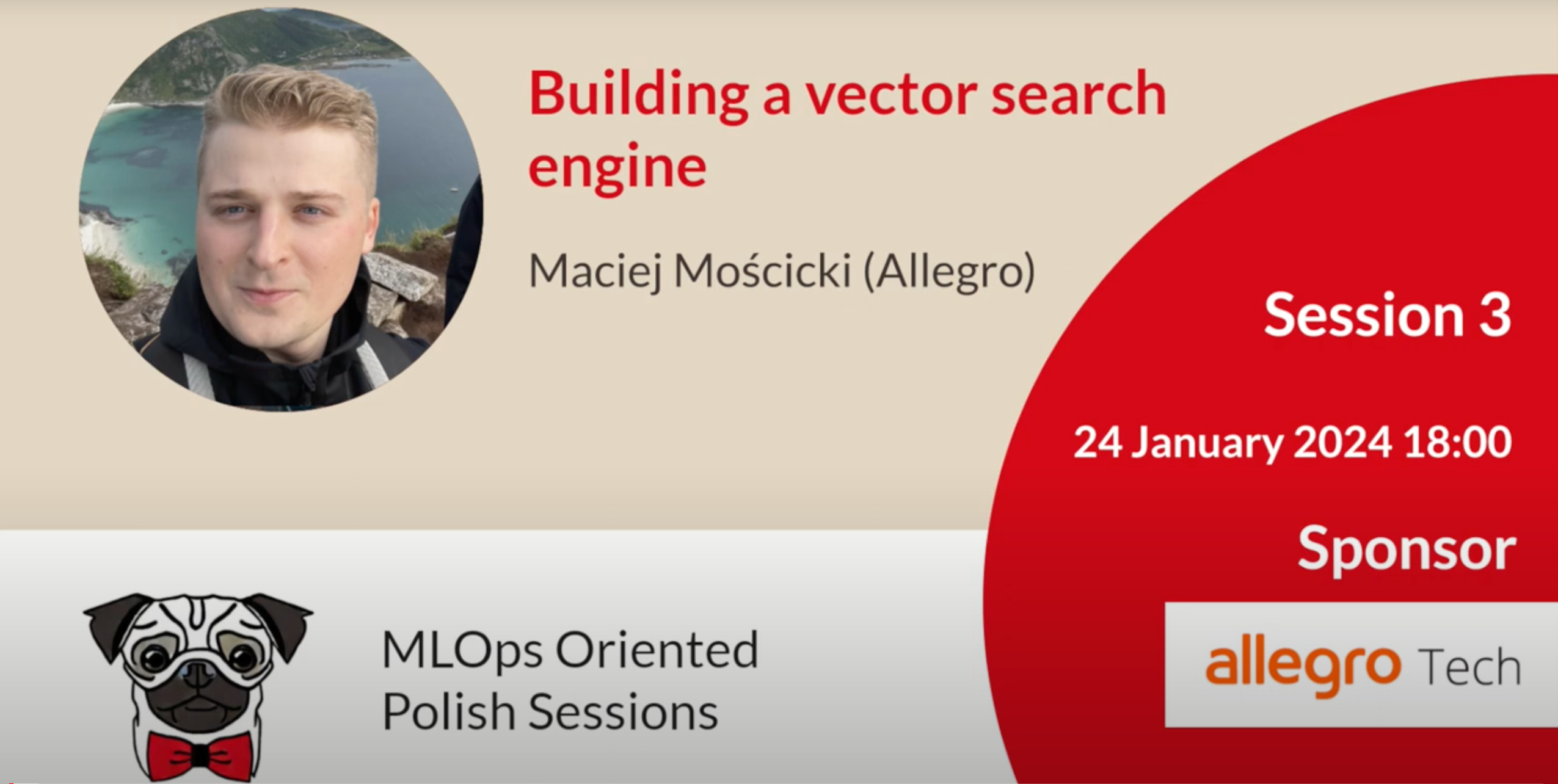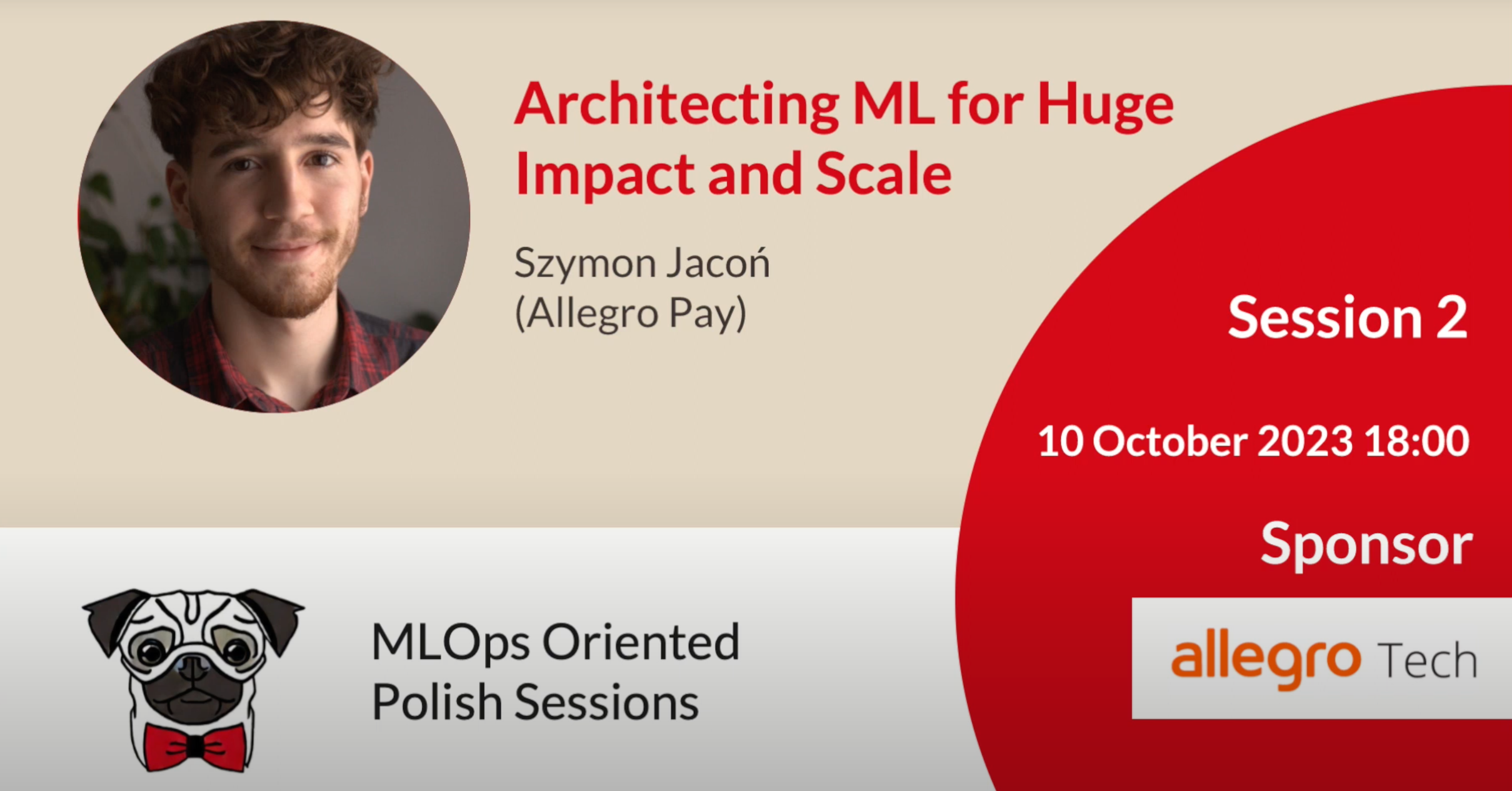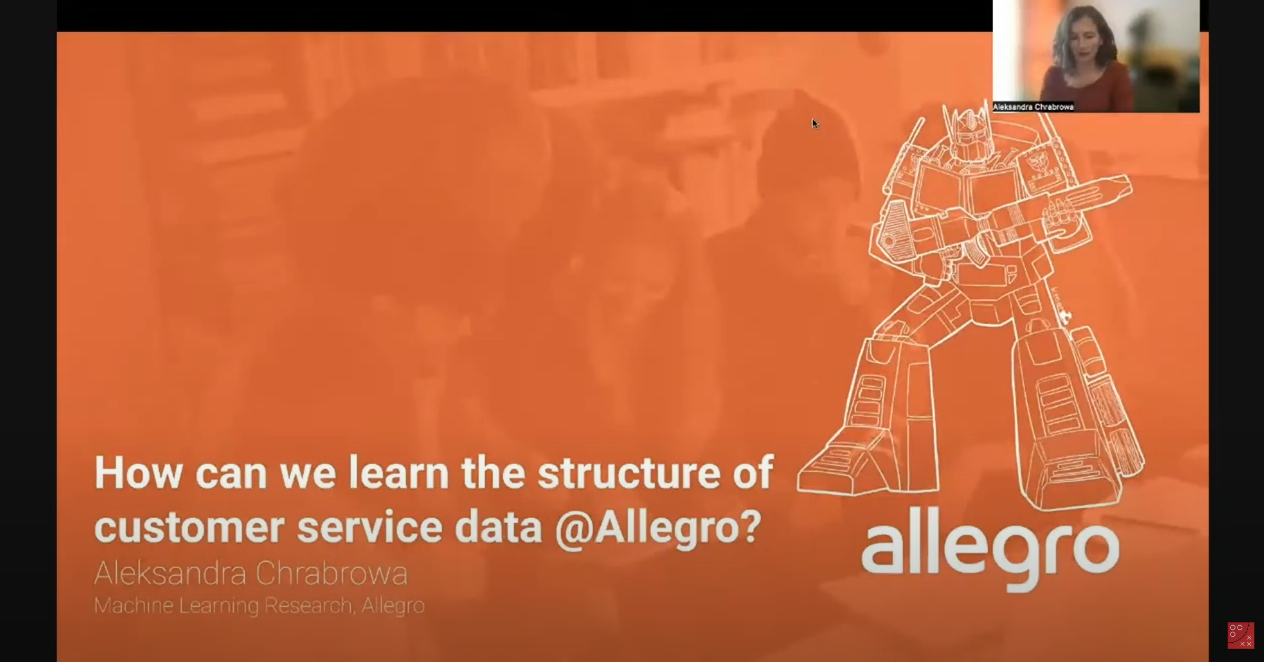Machine Translation
We are developing an in-house Machine Translation engine specifically for e-commerce purposes, aiming to provide better value compared to off-the-shelf solutions. Our focus is on accurately translating industry-specific terms and jargon, while also creating a scalable and cost-efficient solution. We employ state-of-the-art machine learning methods, involving human evaluators and automatic quality estimation models to continually enhance translation quality. Our goal is to make our platform accessible to non-Polish speakers globally and contribute to the machine translation community.
